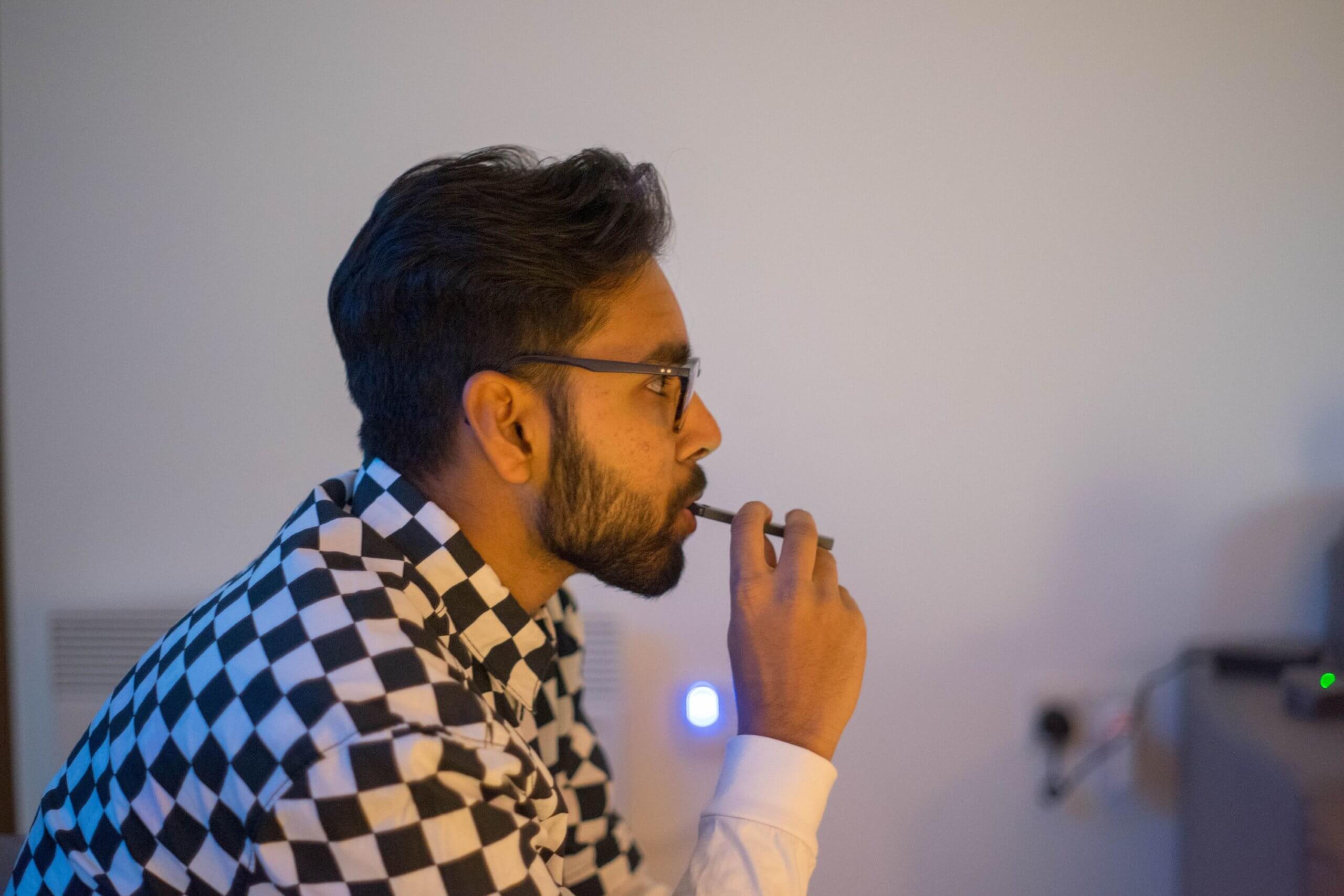UNDERSTANDING THE DANGERS OF JUUL

Once a darling of “Silicon Valley,” Juul Labs Inc.’s valuation has since plummeted from more than $38 billion to a poultry $4.6 billion in comparison. Much of the lost value is due to well-documented public health concerns for kids, teenagers, and young adults. The mission of Juul clearly states that […]




